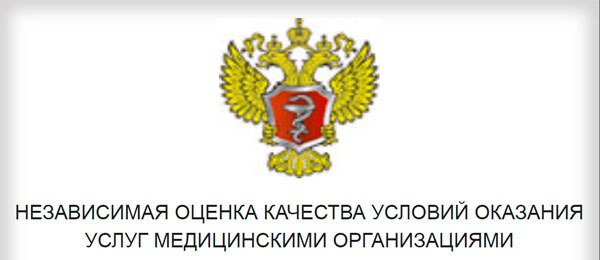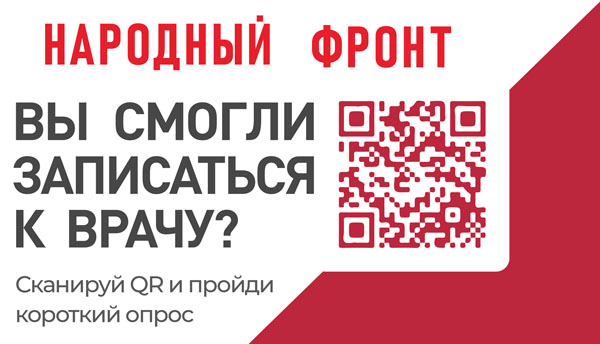Laboratory Preparation Rules
It is desirable to observe the following rules when carrying out biochemical, hormonal, hematological tests, complex immunological tests.
If possible, it is recommended to give blood in the morning, between 8 and 10 hours, fasting (not less than 8 hours and not more than 10 hours of hunger, drinking - water, in normal mode), the day before to avoid food overloads. Stricter food requirements are imposed in the following cases:
- Strictly fasting, after 12 - 14 hour fasting, blood should be given to determine lipid profile parameters (cholesterol, HDL, LDL, triglycerides);
- Glucosotolerant test is performed fasting in the morning after not less than 12, but not more than 16 hours of fasting.
If you are taking any drugs, you should consult your doctor about the feasibility of conducting the study against the background of taking the drugs or the possibility of cancelling the drug before the study, the duration of cancellation is determined by the period of withdrawal of the drug from the blood.
Rule out taking alcohol on the eve of the study. Do not smoke minimally for 1 hour prior to study. Eliminate physical and emotional stresses on the eve of the study.
After entering the laboratory, it is recommended to rest (better - sit) 10-20 minutes before taking blood samples. It is undesirable to give blood for laboratory examination shortly after physiotherapy procedures, instrumental examination and other medical procedures.
When monitoring laboratory parameters in dynamics it is recommended to carry out repeated studies under the same conditions: in one laboratory, to give blood at the same time of day, etc.
General urine test
The assay is collected into a urine assay container. On the eve of the analysis it is recommended not to consume vegetables and fruits, which can change the color of urine (beet, carrots, etc.), not to take diuretics.
Before collecting urine, it is necessary to produce a hygienic toilet of external genitals (in the evening, the day before the toilet is boiled water with soap, in the morning, just before collecting, the toilet is boiled water without detergent).
Women are not encouraged to pass urine tests during menstruation.
Collect approximately 50 ml of morning urine into the container. To properly conduct the first morning urination study, a small amount of urine (first 1 to 2 seconds) was released into the toilet and then, without interrupting urination, set up a urine collection container to collect approximately 50 ml of urine.
Close the container with a screw lid immediately after urine collection.
Collection of daily urine for biochemical analysis
Collecting urine in 24 hours.
The first morning portion of urine is removed. All subsequent portions of urine allocated during the day, nights and morning portions of the next day are collected in one container, which is stored in the refrigerator (4... 8 ° C) during the whole collection time (this is a necessary condition, since glucose content is significantly reduced at room temperature).
Analysis of feces
The analysis is collected in a container for feces analysis (with a blade).
The material (kal) is collected prior to treatment with antibacterial and chemotherapeutic drugs. Fresh feces is collected for the study.
3 days before the study it is necessary to cancel the administration of laxatives, castor and vaseline oil, to stop the introduction of rectal candles. The kal obtained after the enema is not used for the study.
Before collecting the analysis pee in the toilet, then by natural defecation in the pot collect defecation (make sure that urine does not get). The pot is first treated with any disinfectant, thoroughly washed with running water several times and rinsed with boiling water.
The kal is collected in a clean, disposable container with a screwing lid and a spoon in an amount of not more than 1/3 of the volume of the container. The material is delivered to the laboratory within 3 hours of the analysis collection. It is desirable to store the material in cold for this time (temperature 2 8). Prevent freezing!
On the container you must specify your last name, initials, date of birth, date and time of collection of the material, the record must be made in legible handwriting. When taking material, it is necessary to observe sterility. If possible, the material for the study should be collected before the administration of antibiotics (if impossible, only 12 hours after the cancellation of the drug).
Conditions that must be met:
- Freezing is not allowed;
- Long-term storage is not allowed (more than 5 - 6 hours);
- The container is not tightly closed;
- The biomaterial collected the previous day is not subject to study.
Sputum analysis
The best time to collect sputum is earlier in the morning. So much more likely to get at coughing exactly accumulated overnight sputum, rather than saliva.
Sputum collection is strictly fasting.
Immediately before collecting the sputum, brush your teeth carefully, spit the accumulated saliva and spit your mouth first with boiled water.
The material is collected in a sterile can or in a sterile container with a sealed lid.
If the sputum is separated in a scarce amount, it is necessary to take expectorants on the eve of material collection. Aerosol inhalation can be used, provoking increased bronchial secretion or inhalation of hot salt hypertension solution for 10-20 minutes can be used.
The container is tightly closed and delivered to the laboratory not later than one hour after collection. If it is impossible to deliver a phlegm within an hour, then biomaterial can be stored prior to a research in the refrigerator at 3-5 C◦ no more than 3 hours.




